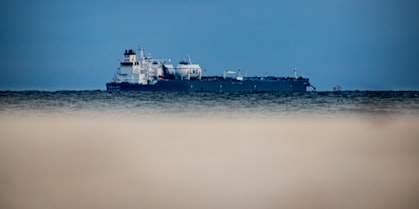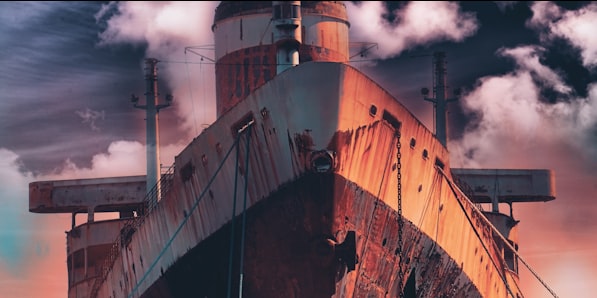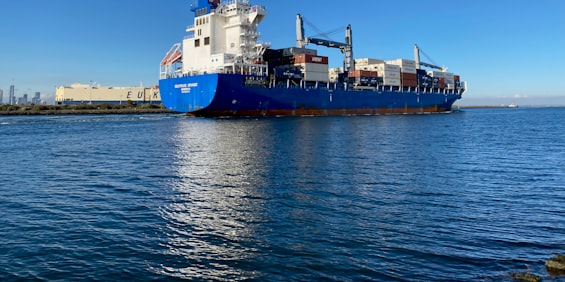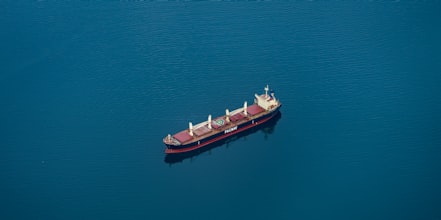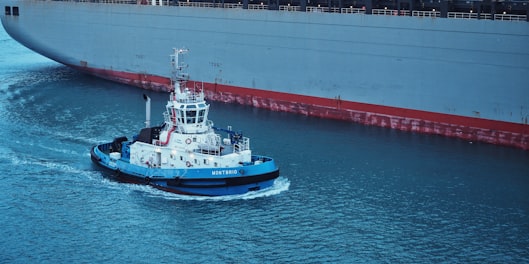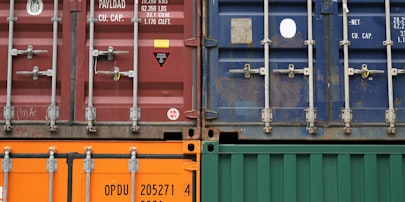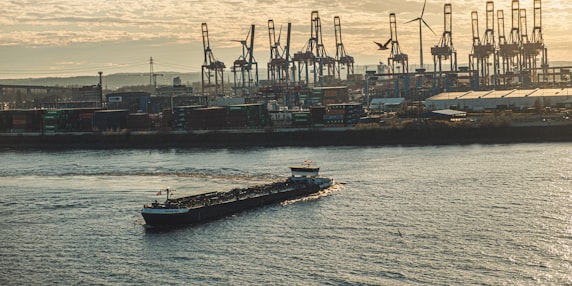
The Marine Accident Investigation Branch (MAIB) examines and investigates all types of marine accidents to or on board UK vessels worldwide, and other vessels in UK territorial waters.
This Safety Digest draws the attention of the marine community to some of the lessons arising from investigations into recent accidents and incidents. It contains information that has been determined up to the time of issue.
The IncidentA specialist deep-sea vessel was using equipment...
https://mfame.guru/risk-assessment-of-lithium-ion-battery-explosion/
